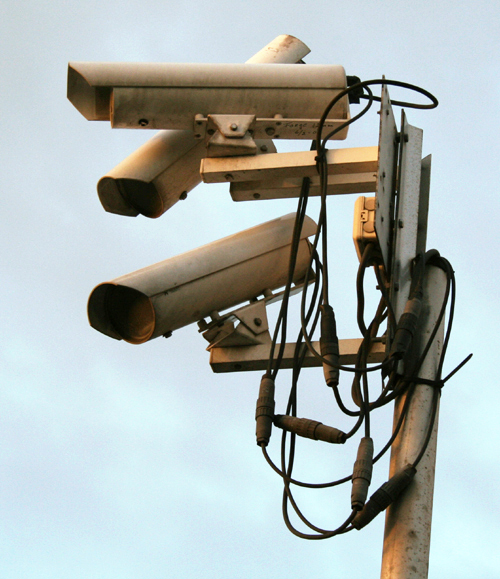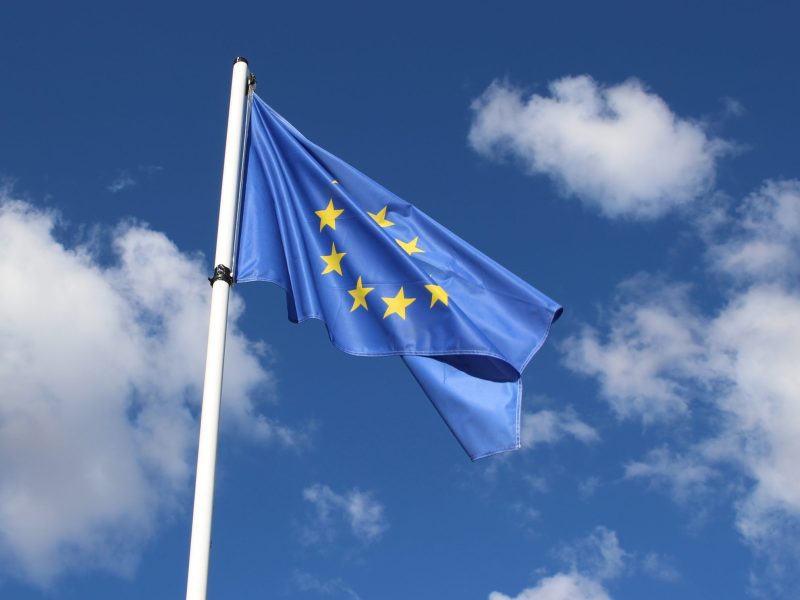We are pleased to announce that the Wikimedia Foundation is signing the Necessary and Proportionate Principles on the application of human rights to surveillance.
Privacy on the Internet is closely connected to our mission to disseminate free knowledge.[1] We strive to provide a platform for users from all over the world to exercise their free expression right to share and study educational content. There are circumstances when contributors need to remain anonymous when working on the Wikimedia projects. To that end, the projects allow people to edit under a pseudonym, without providing any personal information, and without even creating an account. We want community members to feel comfortable when working on the projects. And we strongly oppose mass surveillance by any government or entity.
Although the recent conversation about internet surveillance was spurred by the revelation of a US government program, PRISM, a report issued by the United Nations Special Rapporteur on the Freedom of Opinion and Expression makes it clear that surveillance by governments is global, ubiquitous, and generally unchecked. The Necessary and Proportionate Principles are intended to provide a framework for human rights laws to address modern surveillance technologies.[2] They demand that governments respect international law and human rights by complying with basic principles such as:
- Proportionality: Surveillance of communications is highly intrusive and implicates privacy rights and freedom of expression. This should be carefully weighed against any benefit sought to be achieved.
- User Notification: Individuals need to know if they will be the subject of surveillance and have enough time and information to appeal the decision.
- Transparency: Countries must be transparent about the extent of surveillance and the techniques employed.
- Integrity of Communications and Systems: Governments should not compel ISPs or hardware and software vendors to build monitoring capability into their systems.
The Necessary and Proportionate Principles project was led by several groups, including the Electronic Frontier Foundation, Access, and Privacy International. The principles were developed through a consultation with civil society groups and international experts in communications surveillance law, policy, and technology. So far, the Principles have been advocated by over 400 organizations and many individuals. The signatories include Wikimedia Mexico and several Wikimedians. Today, we are proud to join their efforts.
Yana Welinder
Legal Counsel, Wikimedia Foundation[3]
- ↑ As we previously discussed, the Foundation believes that government surveillance can compromise our values of freedom of speech and access to information.
- ↑ For more information about the purpose of the Principles, see here.
- ↑ Special thanks to Roshni Patel, WMF Privacy Fellow, for her work on this blog post.





